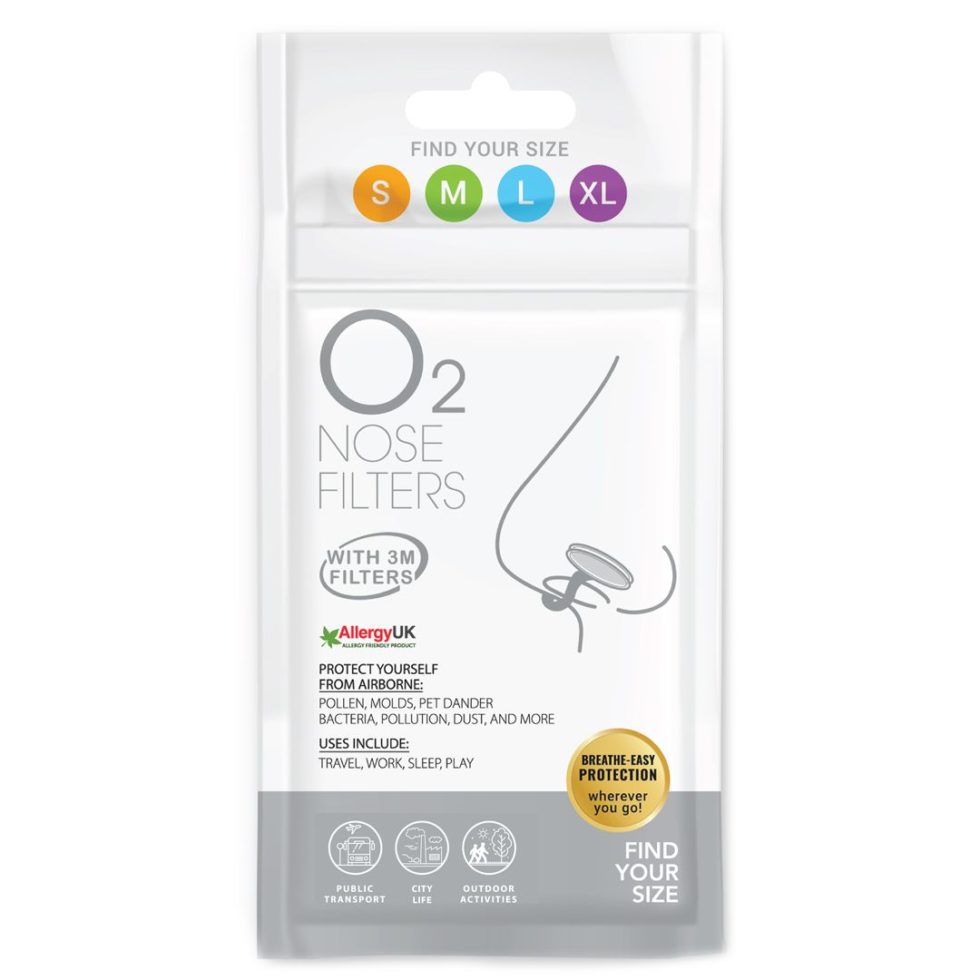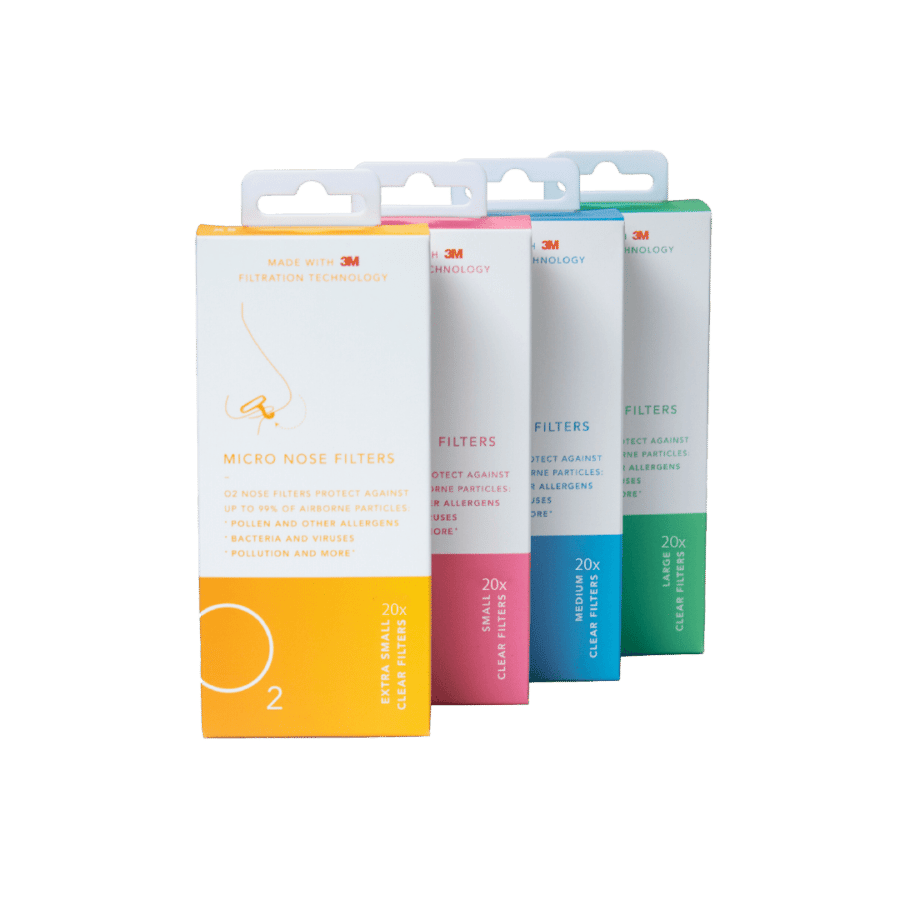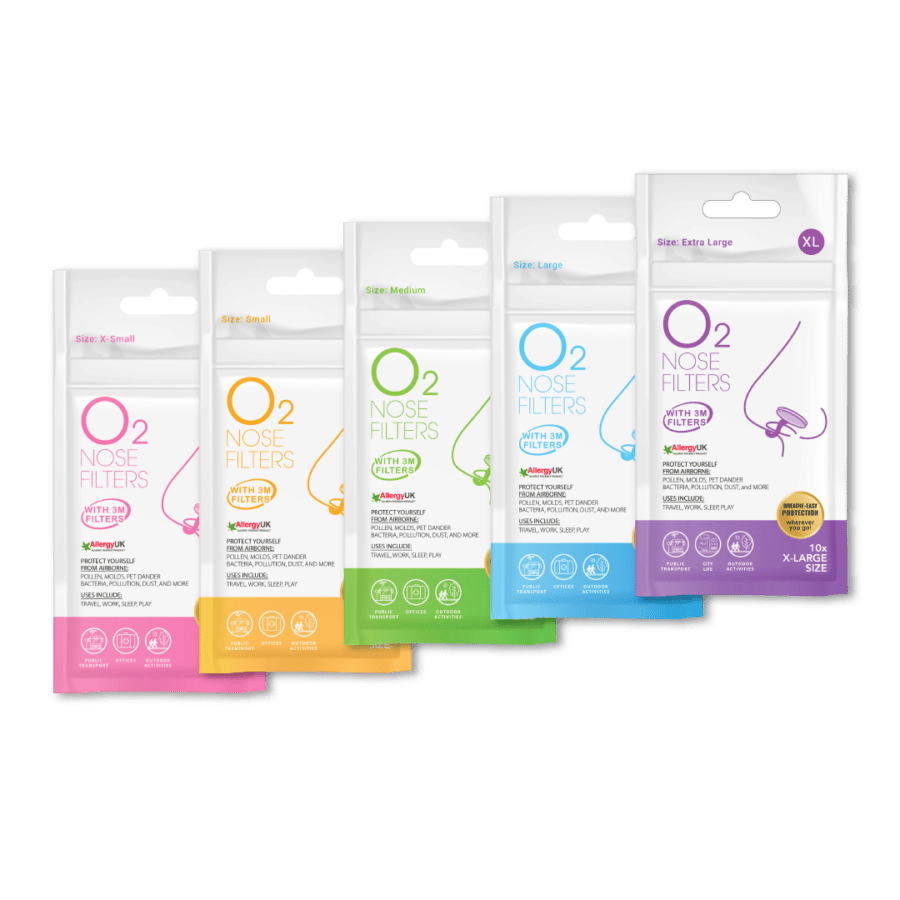After biting into a delicious meal, does your nose frequently tend to run? While gross, this phenomenon is more common than you may think as it roughly affects 19-million Americans. Called Gustatory Rhinitis, this chronic condition is observed when your nose begins to leak within a few minutes of eating certain foods. Much of gustatory rhinitis remains a mystery to researchers, although below we’ve gathered all the available cause, symptoms, and prevention measures to better help you understand this uncomfortable condition.
Cause of Gustatory Rhinitis
Rhinitis is a medical term for a runny or stuffy nose that can come in many forms, including Allergic Rhinitis, Nonallergic Rhinitis, Vasomotor Rhinitis, Mixed Rhinitis, and, of course, Gustatory Rhinitis. Gustatory rhinitis is a form of nonallergic rhinitis that occurs when an excessive and watery nasal discharge occurs after eating. Being more common among older adults, the following listed foods are known to trigger this watery reaction:
- Spicy Foods (hot peppers, salsa, hot sauce, chili powder, etc.)
- Garlic
- Ginger
- Curry
- Horseradish
- Onions
- Mustard
- Vinegar
- Other Natural Spices
These mentioned foods are known to severely stimulate your automatic nervous system, which increases saliva production to dilute these irritating effects, and the nerves in your nasal cavities are impacted as a result.
Symptoms of Gustatory Rhinitis
Listed below are the symptoms that you’re expected to experience under a gustatory rhinitis episode:
- A clear, runny, and watery nose
- Sneezing
- Excessive throat clearing
- A stuffy nose
- Itchy and watery eyes
Women that are over 20-years of age are more prone to developing gustatory rhinitis. Additionally, being exposed to irritating particles or fumes, or having hyperthyroidism, diabetes, or chronic fatigue syndrome can all be precursors to developing gustatory rhinitis.
Preventing and Treating Gustatory Rhinitis
While most people live with a runny nose and accept it as a part of their life, it’s a good idea to talk with a doctor as there are several methods to treating this irritating condition, such as:
- Take a food allergy test to determine if there’s any foods you should cut from your diet.
- Avoiding spicy foods.
- Quit smoking.
- Take oral or nasal decongestants to lessen symptoms.
- Use an over-the-counter nasal spray.
- Flush your sinuses with a saline solution.
- Your doctor may recommend immunotherapy to help treat severe food allergies.
Ultimately, the most important step is to attain the correct diagnosis from your doctor, which will guide you to the treatment that will be most effective.
O2 Nose Filters
For those suffering from any Rhinitis condition, the best step you can take is to filter the air you breath so that you don’t inhale any harmful particulates. O2 Nose Filters have been proven in controlled studies to help protect wearers from inhaling harmful airborne particles such as bacteria, viruses, dust, exhaust fumes, and other pollutants. Independent laboratory tests demonstrate that 3M’s Advanced Electret Media in O2 Nose Filters block 90% of particulates at PM10 and 65% of particulates at PM2.5. Additionally, O2 Nose Filters are comfortable to wear due to their latex-free design and medical-grade Thermoplastic Elastomer (TPE) materials.
O2 Nose Filters provides inexpensive and effective security to protect people from harmful airborne diseases. While our nasal passageways try their best when it comes to filtering harmful particulate matter, they aren’t perfect. That’s why O2 Nose Filters are such an effective solution when it comes to improving our mental and physical health. Nose filters are a discreet, effective option to protect against uncomfortable runny nose symptoms.
-
O2 Nose Filters Sizing Pack$3.95
-
O2 Nose Filters | 20 Pack$18.95
-
O2 Nose Filters | 10 Pack$10.95 — or subscribe and save 10%






